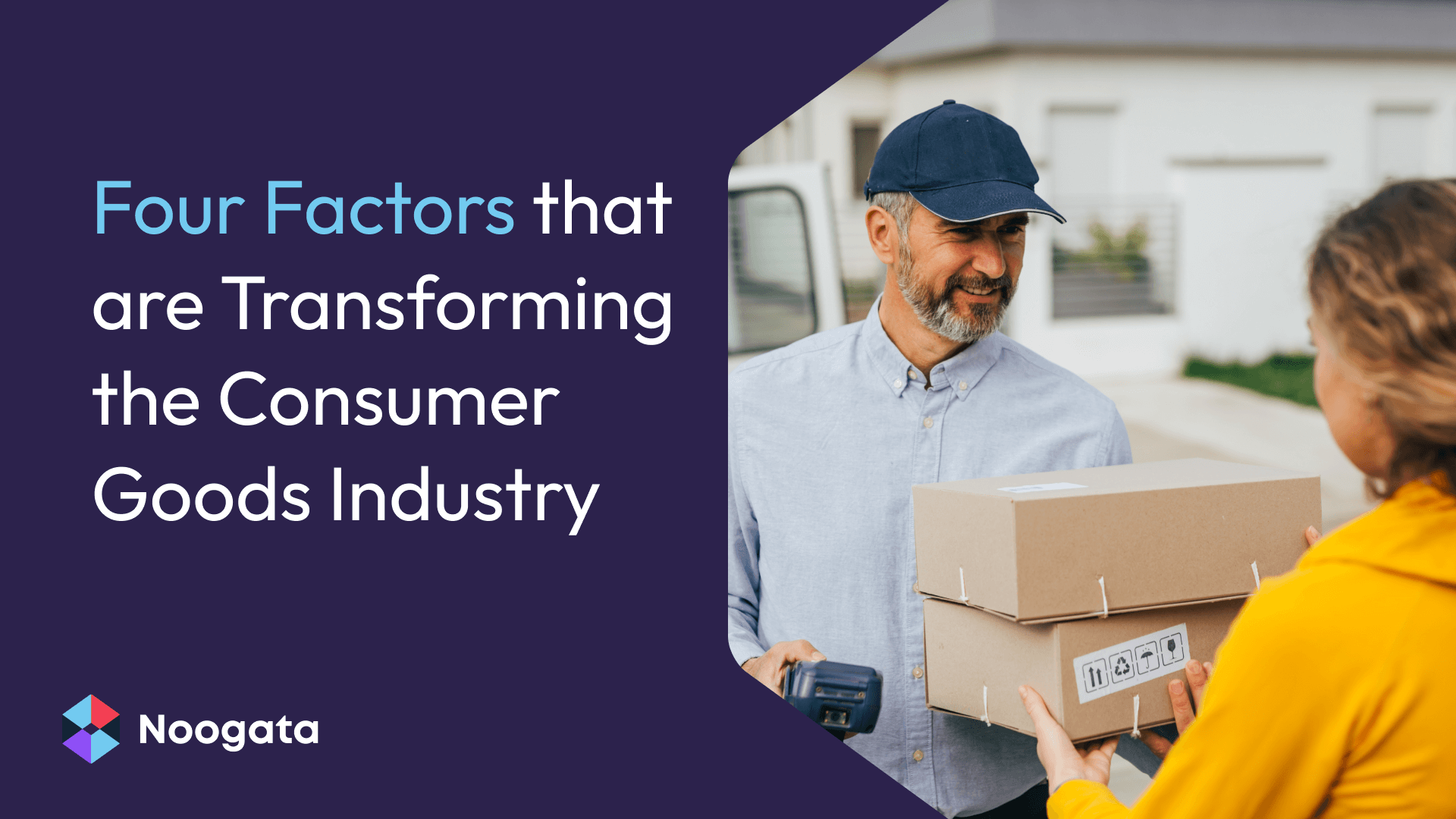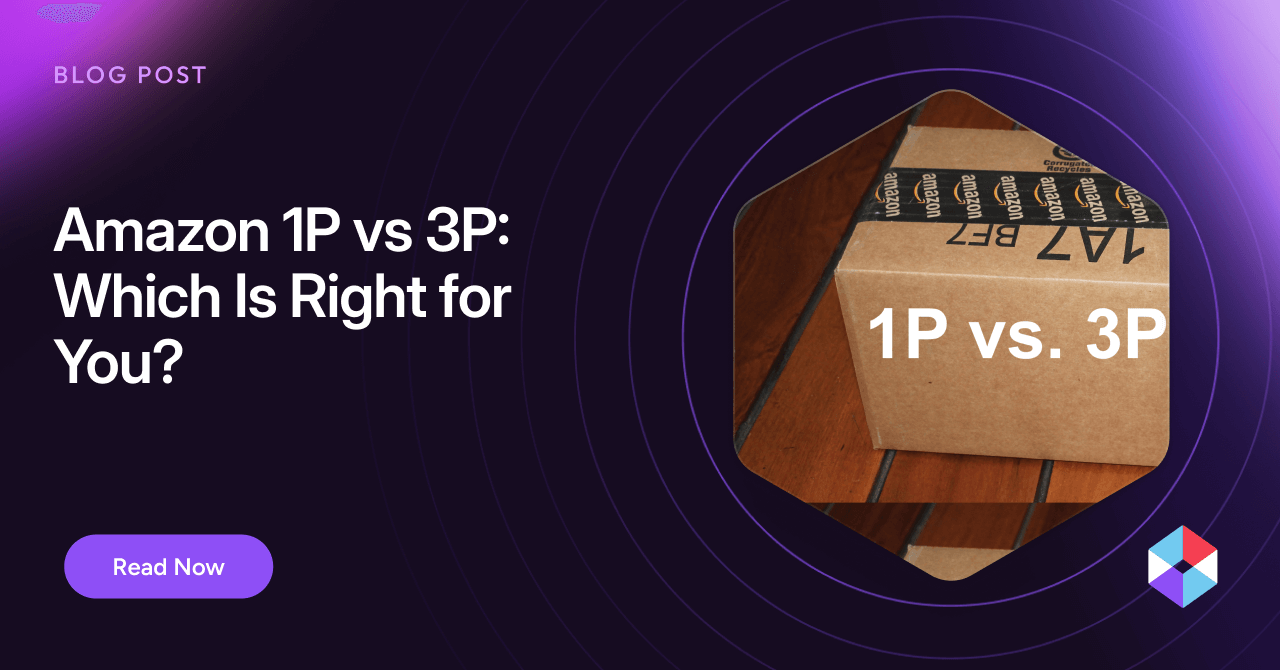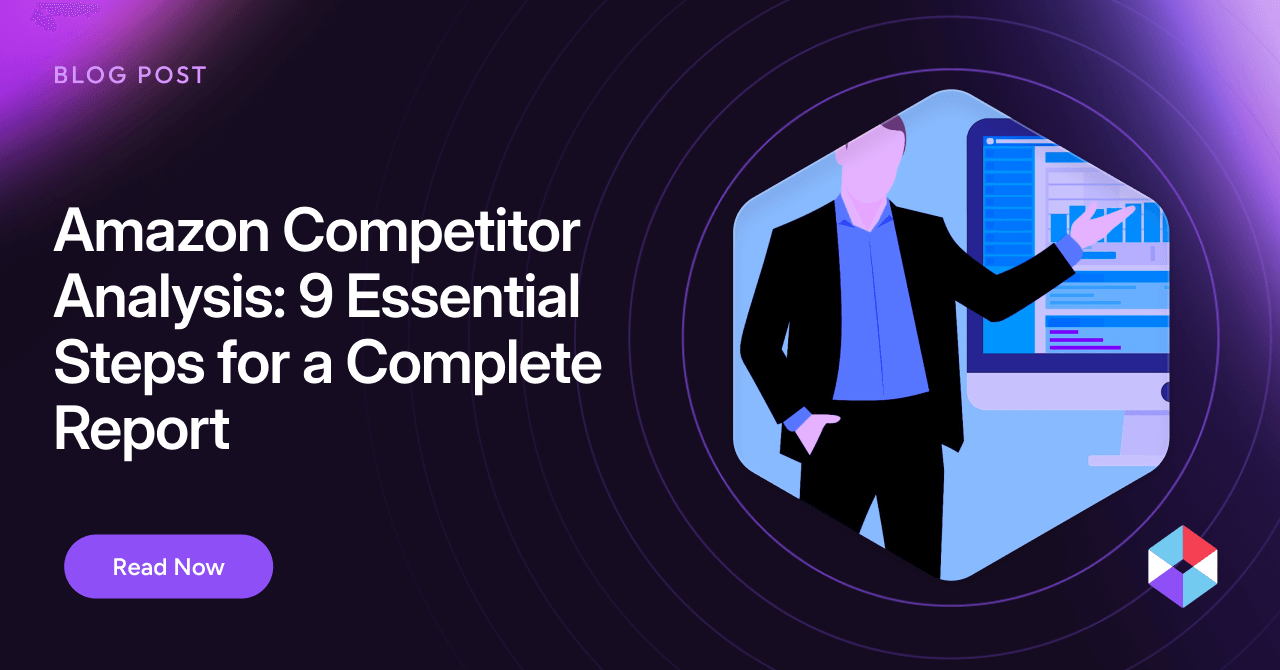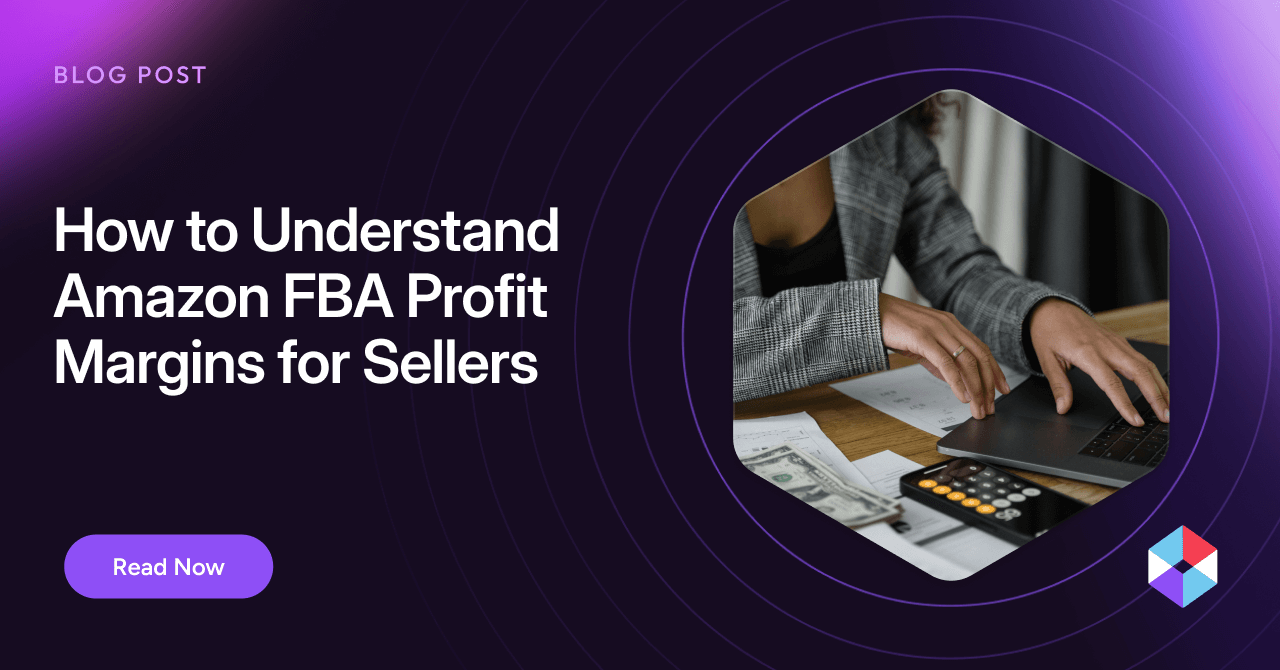Technology is fundamentally changing consumer behavior. But it is doing so more slowly than most of us expected at the dawn of the Internet.
The impact on consumer goods companies is therefore proving more evolutionary than revolutionary. Many upstart brands have eaten up market share by capitalizing on digital expertise – selling their wares via D2C portals, eCommerce platforms, and leveraging the full potential of digital marketing. Yet the consumer goods industry overall is still considered relatively unsophisticated in its digital maturity (in its Digital Quotient survey, McKinsey ranked consumer goods as the third lowest out of 11 industries).
That status quo needs to change. The industry now stands at a tipping point. Building consumer brands is no longer simply an art; it is incorporating evermore science. Organizations are becoming more data-driven in their approach and technology is serving as the enabler.
In a recently published report, we highlight four key factors that are underpinning the transformation of the consumer goods industry.
The platform economy
The meteoric rise of Amazon as an eCommerce platform has itself proved transformational. It has also prompted a response from incumbent retailers such as Walmart and Target and encouraged newer upstarts such as Etsy and Flipkart. Some consumer goods companies perceive such platforms as a threat and have taken a cautious approach, while others embrace them as an opportunity to accelerate sales. Either way, successfully navigating eCommerce platforms requires a new generation of technology.
Direct-to-consumer (D2C)
The importance of D2C as a key channel for consumer brands is not just about improving margins by cutting out the retailer. It is driven by the desire to establish a closer relationship with end customers. With the right analytics, D2C can help consumer goods companies better understand consumer behavior, craft more targeted propositions, and promote loyalty.
Continued importance of brick and mortar
Even digital native D2C brands (such as Allbirds, Away, Casper, Honest Company, and Warby Parker) have recognized the importance of a physical presence and either set up their own store locations or established wholesale relationships with retailers. Doing so poses unique challenges, but technology is just as important to in-store retailing as it is to eCommerce. Advanced location-based analytics have a huge role to play in driving more intelligent retail and wholesale decisions.
Digital media and marketing
Digital technology has enabled companies to target audiences with more accuracy. It has fostered online communities and made ‘viral’ trends spread much more quickly. The emergence of user-generated content has also helped reinforce confidence when making online purchases. The challenge for consumer goods companies is how to take advantage of fast-paced digital media. The velocity, variety and volumes of data generated, necessitate a new approach as CPGs look to optimize ad spend and minimize customer acquisition costs.
None of the four factors we have just highlighted will ever be considered passing fads. They all represent fundamental shifts in the structure of the industry. To adapt to this evolving landscape, consumer goods companies need advanced analytics to navigate all their distribution options (eCommerce platforms, D2C, and physical outlets) and marketing channels. At the same time, they cannot afford to embark on costly, time-consuming projects to build out proprietary technology stacks. The answer lies in off-the-shelf software, purpose-built to solve common challenges faced by consumer goods companies, yet with enough flexibility to allow for tailored workflows and approaches.



